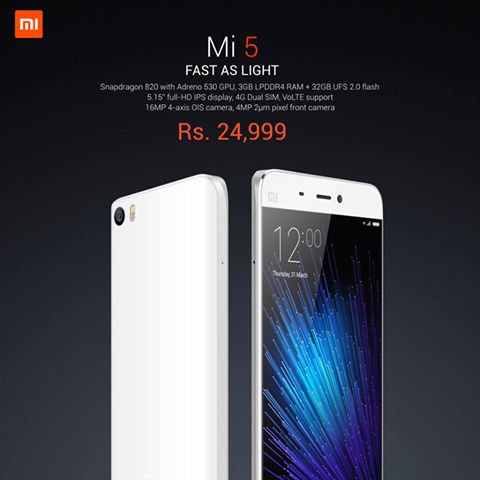
China’s smartphone market suffers first ever annual decline as shipments fall 4% in 2017: Canalys
Beijing, Jan 26 (IBNS): The growth story of the world’s largest smartphone market, China, came to an end as it suffered its first-ever annual decline, with shipments down by 4% from 2016 to 459 million units in 2017.
This drop was partly due to China having one of its worst year-on-year performances in Q4 2017, with shipments plummeting by over 14% to just under 113 million units.
Huawei grew shipments by 9% against the overall market decline, shipping more than 24 million smartphones and staying on top.
Shipments fell for both Oppo and Vivo, by 16% and 7% respectively, but they held onto their respective second- and third-place positions.
Oppo shipped 19 million smartphones, while Vivo shipped 17 million. Apple overtook Xiaomi to take fourth place, pushing Xiaomi back to fifth with 13 million units.
Huawei had its best ever quarter in its home market, shipping more than 24 million smartphones in Q4, to reach a total of 90 million in 2017. “Huawei’s push into tier-three and tier-four cities has yielded positive results,” said Canalys Research Analyst Mo Jia. “Nova and Honor have successfully gained share from smaller vendors, such as Gionee and Meizu. Honor’s performance has complemented Huawei’s success, by contributing more than half of Huawei’s total shipments. But competition between Huawei and Honor is getting fierce, and Huawei must deal with possible internal cannibalization.”
Despite the dip in Q4, Oppo and Vivo both saw double-digit annual growth in 2017. “The market has slowed faster than expected. Being aware of inventory issues, both vendors have set up flagship stores in tier-one cities to boost their branding and drive value growth,” said Jia. “Failure to drive footfall, however, will threaten Oppo and Vivo’s ongoing channel transformation and render the exercise futile.”
“The declining Chinese market will have a detrimental impact on those Chinese vendors that have been heavily relying on their home market,” said Canalys Research Analyst Hattie He. “It will affect their cashflow and profitability, limiting overseas expansion and bringing into question future survival. The threat to vendors such as Gionee and Meizu is now closer than ever.” With Lenovo and ZTE refocusing on the Chinese market in 2018, competition will intensify among vendors outside the top five. “There is little room left for the smaller vendors,” said He. “The leading players will make aggressive plans to maintain or grow their market share. We can expect a major market shake-up in China in 2018.”
Smartphone quarterly estimate and forecast data is taken from Canalys’ Smartphone Analysis service.
Support Our Journalism
We cannot do without you.. your contribution supports unbiased journalism
IBNS is not driven by any ism- not wokeism, not racism, not skewed secularism, not hyper right-wing or left liberal ideals, nor by any hardline religious beliefs or hyper nationalism. We want to serve you good old objective news, as they are. We do not judge or preach. We let people decide for themselves. We only try to present factual and well-sourced news.







